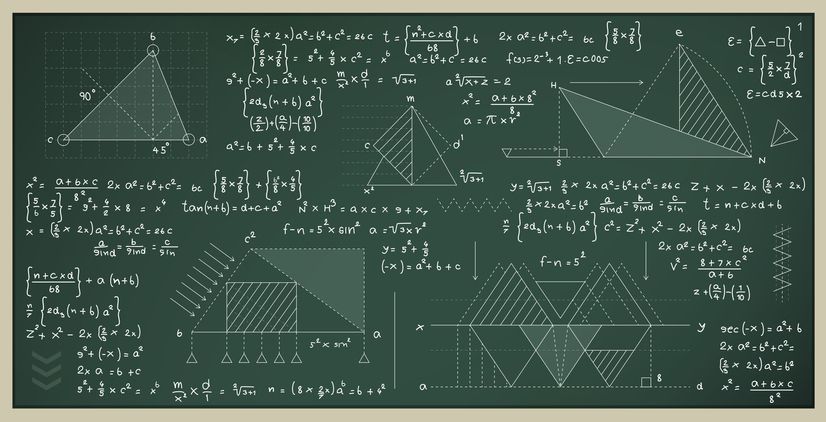This page is licensed under Creative Commons under Attribution 4.0 International. Anyone can share content from this page, with attribution and link to College MatchPoint requested.
How Important is High School Calculus for College Applications?
Calculus can be important for college applications, especially for students who want to study science, math or business. Even though not all colleges require it, doing well in calculus can make your application stand out. However, this focus on calculus can make things harder for students who don't have access to the class. So, if you can't take calculus, you can still impress colleges by taking the hardest classes available to you.

Calculus is often seen as very important in college applications, especially for students aiming for science or math-based majors. With tests like the SAT and ACT becoming less crucial, high school calculus has become even more important. Doing well in this class can make your college application stand out.
That said, not all colleges or majors need you to take high school calculus. A recent report says that calculus is mostly required for specific majors like engineering and math. But for students planning to study in fields like computer science, economics, or chemistry, taking calculus in high school could be useful, offering more class choices and schedule flexibility.
There's a lot of pressure to do well in calculus, especially if you want a science or math degree. But don’t worry if you haven’t taken calculus in high school. Most students who plan to study in these fields take calculus in their first year of college.
However, the focus on calculus can make college harder to get into for some students. This "race to calculus" often starts in middle school. If you don’t get ahead early, you might not get the chance to take calculus in high school. While more & more colleges actually require calculus for admission, it often helps your application stand out to admissions officers.
This focus on calculus can be unfair. It often helps wealthier students more and can make things harder for Black, Latino/a, and students living in rural areas. The Just Equations report says about half of all high schools offer calculus, but this drops to 38% in schools with mostly Black or Latino/a students. Students in rural areas also often don’t have access to calculus.


